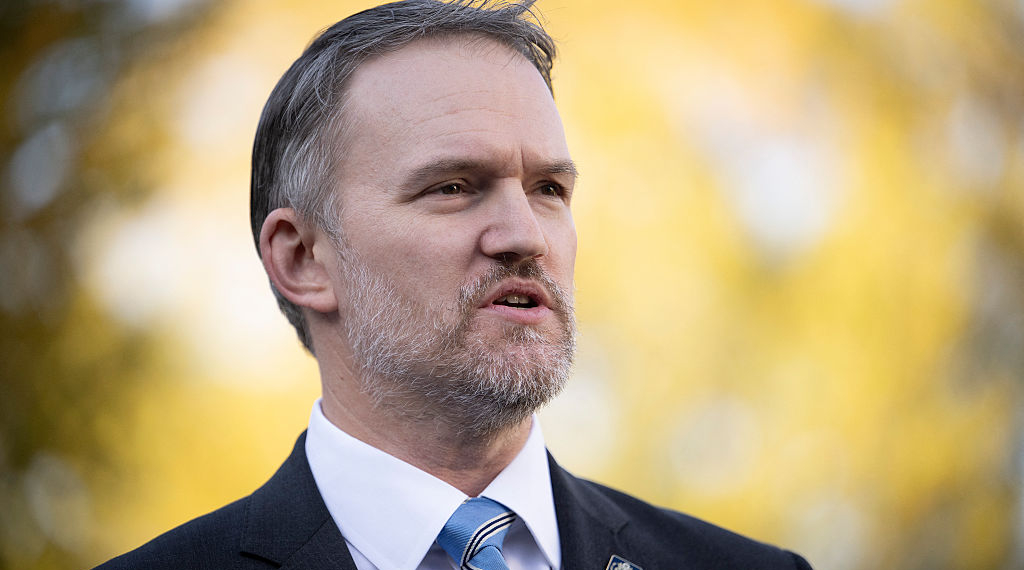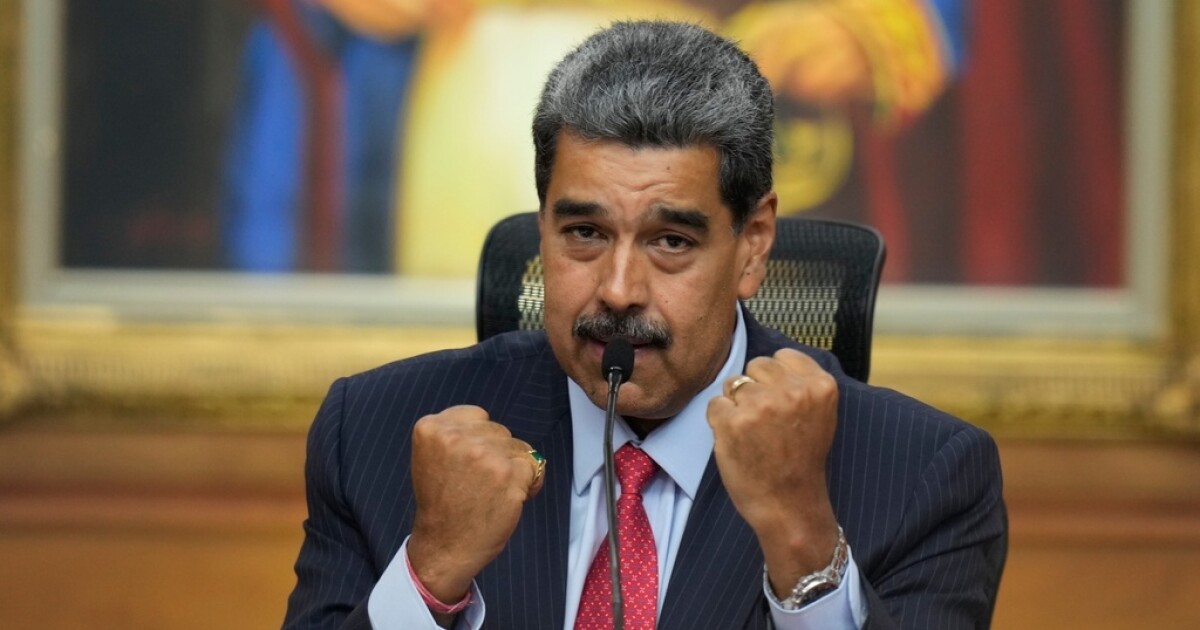UPDATE: U.S. Trade Representative Jamieson Greer has just announced that proposed one-time $2,000 payments funded by tariff revenues will not worsen inflation, offering potential relief to families grappling with rising costs. In an interview on Fox News’ “Fox & Friends Weekend,” Greer stated, “This is real money that’s coming in, and we get to decide what to do with it.”
Greer emphasized that the $2,000 checks are just one of several options being considered, highlighting that President Donald Trump is eager to explore more proposals as tariff receipts continue to surge. “This is not some kind of ongoing new welfare program or something that would exacerbate inflation,” Greer reassured viewers, pushing back against concerns that such payments could lead to higher prices.
The timing of this announcement is critical as Trump initially floated the dividend idea on November 9, suggesting that revenue from tariffs could directly benefit low- and middle-income households. Trump has indicated that remaining funds could also contribute to reducing the nation’s staggering $38 trillion debt.
Last week, Trump revealed that Americans could see these payments as soon as next year. “We’ve taken in hundreds of billions of dollars in tariff money. We’re going to be issuing dividends probably by the middle of next year, maybe a little bit later than that,” Trump stated at a White House press conference.
Tariff revenue has skyrocketed since Trump implemented his “Liberation Day” tariffs in April. According to the Treasury Department’s report, collections grew from $23.9 billion in May to $28 billion in June and $29 billion in July. By the end of the fiscal year on September 30, 2025, total duty revenue had reached an impressive $215.2 billion. The momentum has persisted into fiscal year 2026, with the U.S. collecting $40.4 billion in tariff revenue since October 1.
This proposal arrives at a pivotal moment for Trump’s trade agenda, as the Supreme Court is currently reviewing the legality of his tariff actions—an outcome that could significantly affect the administration’s trade policy and the viability of the proposed dividend checks.
As families face increasing financial pressure, the implications of these payments could be profound. Greer’s assurances that the payments won’t exacerbate inflation may provide a glimmer of hope for many struggling Americans. With the Supreme Court’s ruling looming, all eyes will be on how these developments unfold and what they mean for the future of U.S. trade policy.
Stay tuned for more updates as this story develops.







